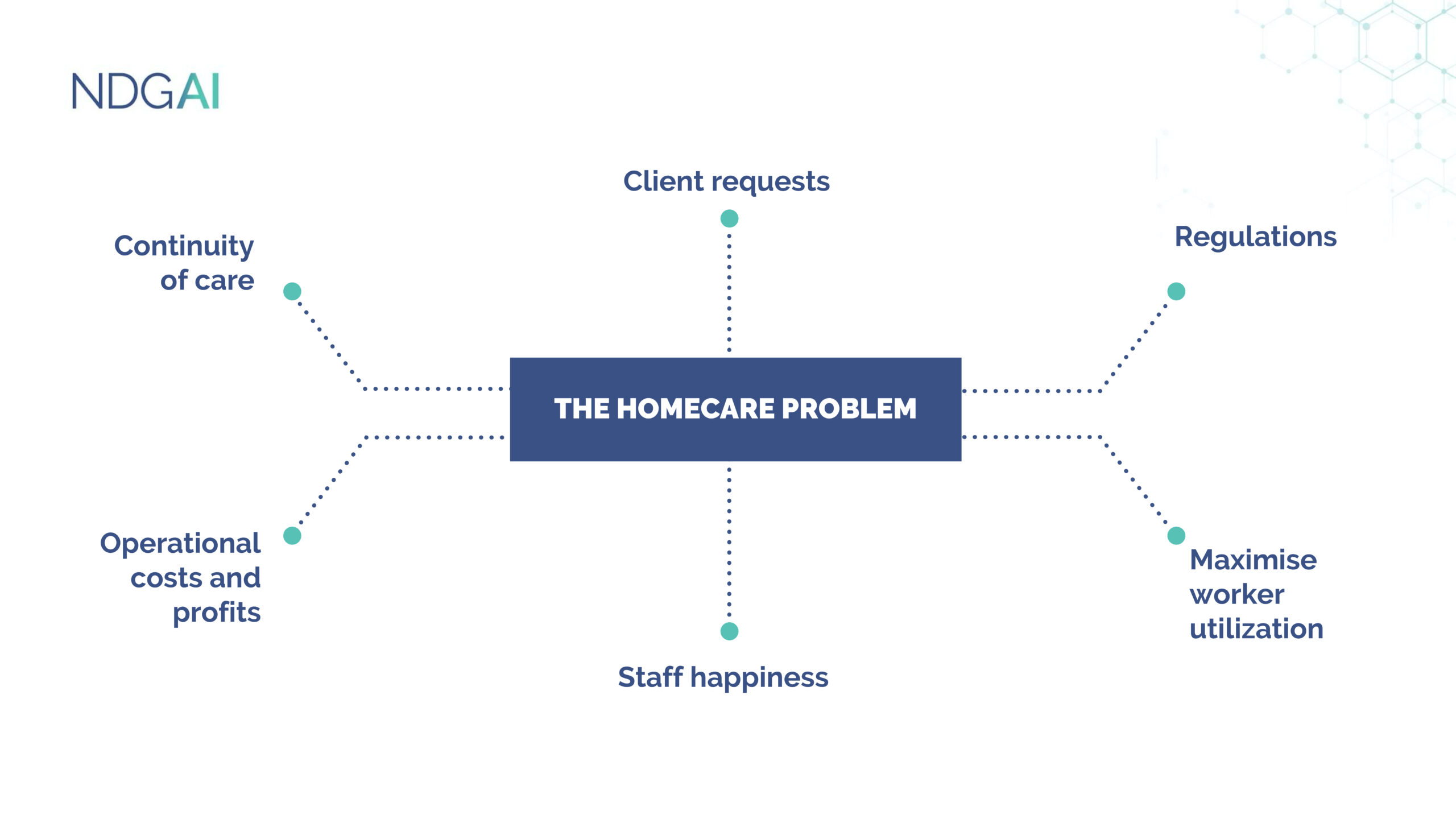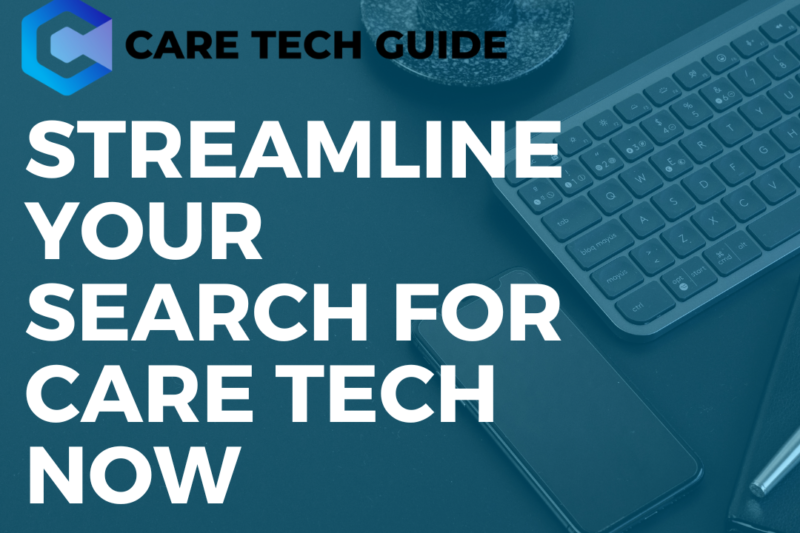NDGAIʼs CEO Nigel Gittins spent years watching his parents run a home care agency. Learning firsthand the difficulties faced when scheduling mobile workforces, Nigel began to dream about developing the solution – automated mobile workforce scheduling at the touch of a button – a “magic button”.
But what exactly are these difficulties?
Why are they more complex than the challenges faced by more traditional mobile workforce scheduling businesses?
If we look at common forms of mobile workforces we generally expect to see couriers or field engineers. Now in 2022, we all use services such as Amazon as a lifeline. I for one have daily home deliveries but have never once considered the type of person I want to deliver my packages, I just want them delivered in a timely manner by a driver with a full and preferably clean British driving licence!
When we look at gas engineers, different skills are required depending on the work to be carried out. Once again however, I havenʼt given any thought to the type of engineer I want to arrive at my house and carry out routine maintenance on my boiler. Outside of a warm greeting and the offer of a beverage on arrival, there isnʼt much interaction between client and engineer.
When we consider homecare or domiciliary care however, the complexity is amplified by a massive amount. We need to take into account the following stakeholders: client or service user, staff member or care provider, the company's needs and in addition to this, we need to keep in mind the care coordinators needs.
It is imperative that service users' needs are satisfied as a priority. It is not a boiler being serviced here, we are enabling human beings to live in their homes for longer and live an independent life. As with all human beings, each service user is unique with needs covering everything from medical to a certain type of personality trait, not forgetting that some visits might also be time sensitive. If you have been living under a rock you might not be aware that care worker vacancies are at an all-time high and as such if a carer isnʼt happy or valued they have plenty of alternative options. Carers needs must be kept in mind, be it geographical location, preferred hours or maintaining minimum travelling time with maximum face time with their prefered service users. We must not forget the care agency of course and although all agencies are operated in a different manner, for the most part all agencies want to provide a quality but profitable service. Last, but by no means least and arguably one of the hardest jobs out there - the care coordinator, who
balances quick and efficient scheduling whilst ensuring all mandatory and non-mandatory requirements are met and meet business KPIs ensuring the business is getting the most out of every staff member keeping employment costs down.
When we look at this it becomes clear that homecare isnʼt an A to B problem but rather an A to B problem going via XYZCVBGDSR and then back to A before finally reaching B!
Learn more about OptifAI and how it can streamline your business.
Get in touch today and get ready to click the magic button! https://ndgai.com/contact-us/




